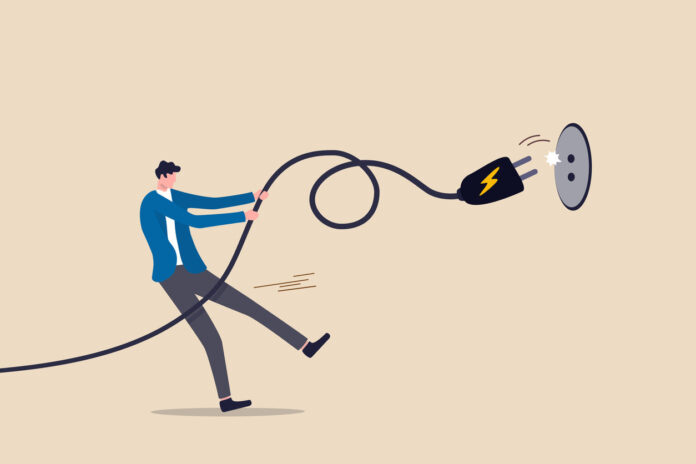Turn off the tap while brushing your teeth, cover your pots while cooking, take a shower rather than a bath… The actions to limit your energy expenditure are simple and can, taken together, allow you to make significant savings. . In addition to doing good for your wallet, you are doing something for the environment.
Did you know that you can also reduce your electricity bill while sleeping? And this, simply by adopting a few eco-responsible habits before slipping under the sheets. You are probably familiar with the peak hours/off-peak hours option which allows you to benefit from a preferential rate per kWh at certain times of the day. So, if you benefit from these off-peak rates and your washing machine is not too noisy, it is very interesting to run your major appliances at night. Some programs even allow you to reduce the washing time and thus save water.
In winter, you can close the shutters to keep the heat in your room and thus lower the heating: it is useless or even counterproductive to overheat the room, because too high a temperature makes it difficult to fall asleep. Indeed, there is no need to heat your room beyond 18-20°.
Also make sure to make your room a well-lit place at a lower cost: install your desk near the window, favor light paint on the walls. To save energy at night, you can also use energy-saving bulbs or LEDs, and only turn them on when really useful. In summer, create drafts at night to restrict the use of air conditioning or your fan.
Regardless of the season, consider unplugging a number of household and electrical appliances before going to bed: their so-called “ghost” consumption will thus be stopped, and you will make valuable energy savings. Be aware that “electrical appliances even on standby continue to consume energy”. Suppliers-electricite.com specifies that this is particularly the case for electrical appliances that are switched off but still connected. The site specifies that this “hidden consumption is explained by the location of the main switch located after the transformer”. “Once plugged in, the latter always consumes energy whether the device is off or on standby, whether it is connected to a device or not,” recalls the specialist.
A phenomenon of magnitude since the annual consumption of appliances on standby in a French household amounts, according to ADEME, to between 300 and 500 kWh. Multimedia equipment that stays plugged in at night therefore costs you 20 euros more per year.
As a reminder,suppliers-electricite.com specifies that the law requires that the standby device consumption be less than:
Check out the list of devices to unplug at night in our slideshow below.















